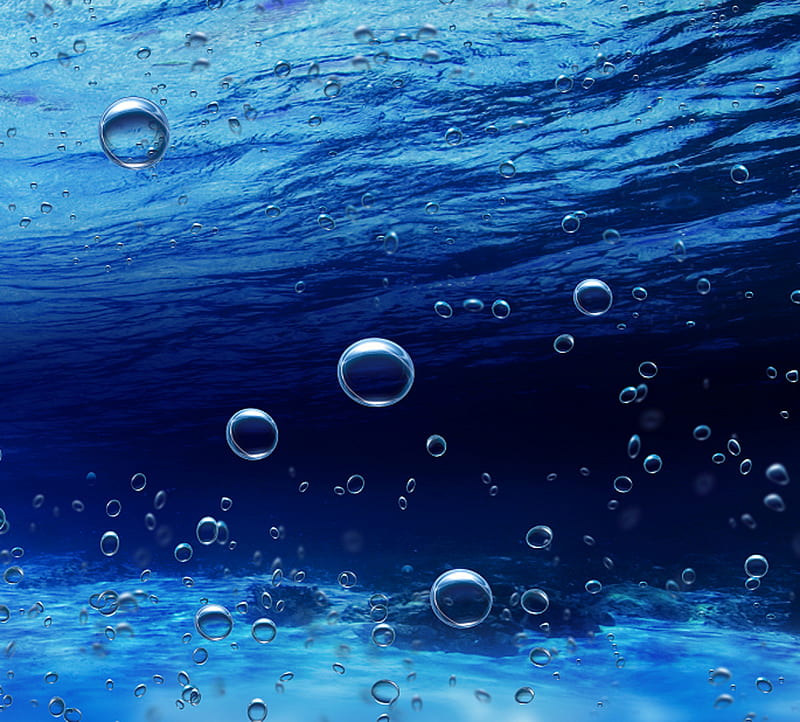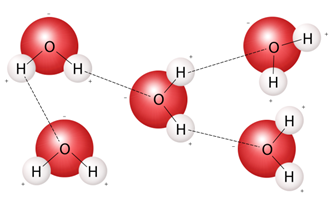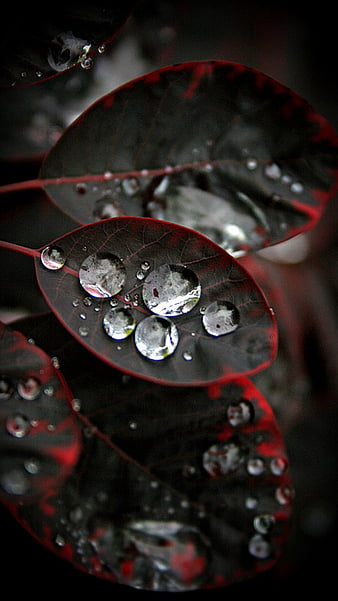Effect of reading the Quran on water
In the Islamic perspective, there is a belief that reciting or reading verses from the Quran can have a spiritual effect on water. This practice is known as “Ruqyah” and is believed to infuse the water with positive energy and blessings.
Water is presented as a mercy from God, particularly in the form of rain, which is essential for sustenance and relief.
Some interpretations suggest that the vibrations from reciting the Quran can affect the structure of water molecules, potentially leading to changes in their electromagnetic field.
Ruqya water is a method carried out in which one recites the verses of the Qur'an and then spittle's dryly over the water. According to Shar'i evidence, the most prominent verses that are prescribed are Surah al Fatiha, al-Miwadhatayn and Ayatul Kursey.
How does the Quran recitation affect water?
The Holy Qur'an has a great energy upon water; therefore, the voice of reading verses from the Qur'an affects water since its particles are always vibrating and they are capable to be influenced by the sound frequencies.
Interpretations of both the Quranic verses and the scientific findings can vary, and it's essential to approach these topics with respect for different perspectives.
- The Quran describes water as a blessing from the heavens, essential for sustenance and agriculture.
- The Quran states that God created every living thing from water (21:30).
- The Quran distinguishes between different types of water, such as fresh, sea, and distilled water, based on their characteristics.
Blowing on water can have different implications depending on the context. In some religious practices, it's a form of supplication (ruqyah) where verses are recited and then blown onto water for healing or blessing.
In other contexts, blowing on water can affect its pH by introducing carbon dioxide, which dissolves and creates carbonic acid. Additionally, "blow water" can be slang for idle talk or gossip in some cultures.

It is permissible to recite Quranic verses and blow on water for the sick to drink and it is also permissible to write Quranic verses on a paper and then dissolve it in water to drink. These actions do not contain any form of shirk and are accepted in Islam.
Masaru Emoto's Research:
The work of Masaru Emoto, a Japanese researcher, explored the impact of various stimuli, including music and words, on the crystallization patterns of water. While his research is not universally accepted, it has been cited in discussions about the potential influence of the Quran on water.

The act of reciting Quranic verses or Allah’s beautiful names and then blow one’s breadth over a sick person as a treatment is referred to as ‘Ruqyah’ which is normally translated as ‘incantation’. This can be done by reciting Quranic verses or duas (supplications) upon a person and can also be done by reciting on water (which a person will drink) and may be recited upon earth (soil) which is then placed on the body of a person. Many incidents of ‘Ruqyah’, done by the Prophet (SAS) and the sahabahs have been narrated in authentic traditions and upon these proofs, the scholars have stated that ‘Ruqyah’ is permissible as long as it is free from shirk (associating partners to Allah). In this regard, Sahih Muslim has the tradition of Awf Ibn Malik in which he (Awf Ibn Malik) said, ‘We practiced Ruqyah (incantation) in the Pre Islamic days and we said, ‘O Allah’s Messenger! What is your opinion about it? He (the Prophet (SAS) ) said, ‘let me know your incantation and said, ‘There is no harm in the incantation which does not have shirk’. (Sahih Al Muslim)

In another tradition, Jabir Ibn Abdullah (RA) narrated, ‘Allah’s Messenger (SAS) prohibited incantation. Then, the people of Amr Ibn Hazm came to Allah’s Messenger and said, ‘We know an incantation, which we use for curing the sting of the scorpion but you have prohibited it. They recited the words of the incantation before him, whereupon he (the Prophet) said, ‘I do not see any harm in it, so he who amongst you is competent to do good to his brother should do that’. (Sahih Muslim)
It is also narrated that Aisha (RA) said that when any person fell ill with a disease or he had any ailment or he had any injury, the Messenger of Allah (SAS) would place his index finger on the ground (after placing his saliva on it) and would lift it by reciting the name of Allah (and place it on the body of the ailing/sick person). While doing so, he would say, ‘the dust of our ground, with the saliva of one of us, in order that an ill person amongst us would be cured, with the permission of our lord’. (Bukhari, Muslim)

Here, it is clearly evident that the Prophet (SAS) did Ruqyah. He recited words (of the supplication) upon the saliva and dust/clay that he had on his finger and then placed it on the patient.
Abu Dawood reported in his Sunan that the Prophet (SAS) came to Thabit Ibn Qais who was sick and recited the dua upon him, ’O Lord of
.jpg)
Mankind, take away the harm from Thabit Ibn Qais’. Then he (the Prophet) took some earth from Buthaan (a place in Medina) and then put it in a container and put water in it. After, doing this, he then splashed the water on Thabit’. (Abu Dawood)
This is neither gem nor diamond; it’s rather a water molecule! Scientific research has affirmed that the shape of a water molecule is altered and affected by the words recited on it. Therefore, reciting verses from the Holy Qur'an on water increases the activity of its molecules and activates its potential healing power. Hence, such water varies from ordinary water with respect to its healing power.

See also:





